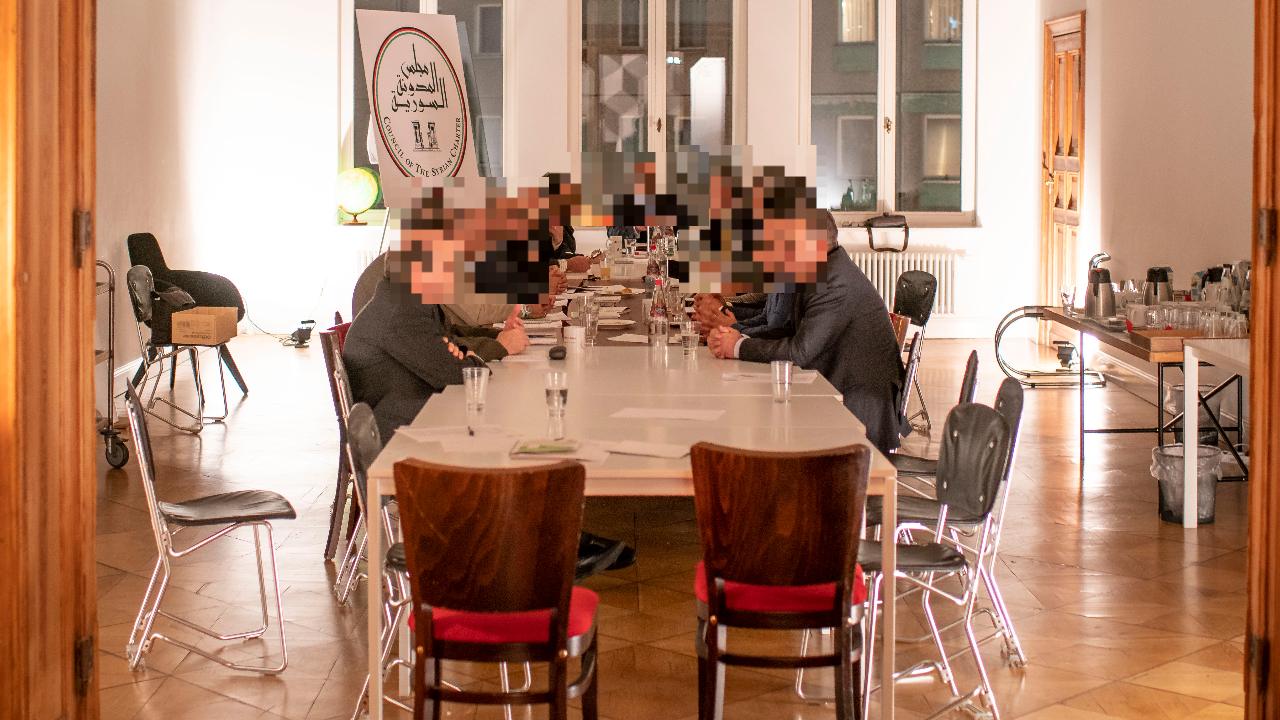
Will this meeting bring some peace to Syria, a country plagued by civil war?
A few weeks before Christmas, Syrian tribal chiefs and dignitaries met in Berlin for a peace conference. When and where exactly remains secret. Almost 20 representatives of all religions and ethnicities spent the day trying to explore ways out of the crisis in Syria.
At the meeting, Sunnis, Alawites, Kurds, Christians, and Druze discussed ways of settling the social tension between the ethnic groups in Syria. Some of them would be in mortal danger if dictator Assad or leaders of the partly Islamist rebels were to learn of their participation in this secret meeting in Berlin.
“The difference between us and the processes of the UN in Geneva and Russia in Astana is that this is a social process of reconciliation, whereas the others are trying to find political solutions between the regime and the opposition,” Sheikh Amir Al-Dandal – who comes from the east of the country – explained to BILD.
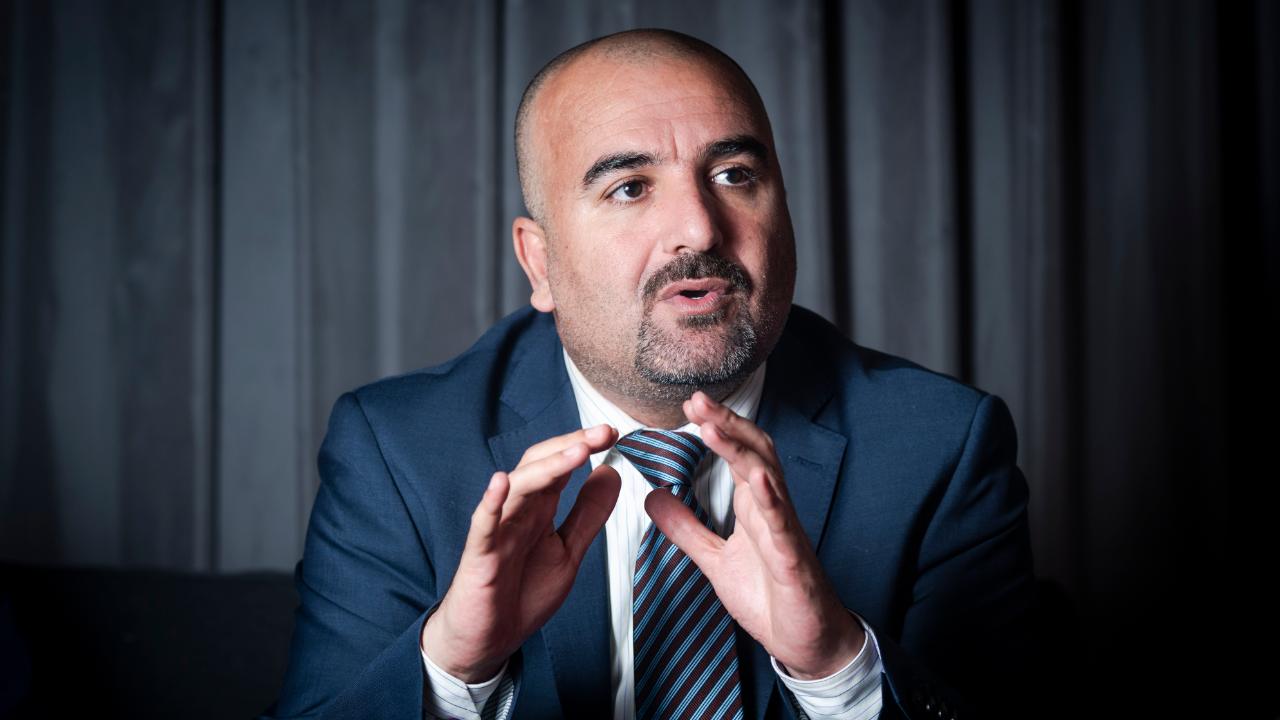
An Alawite dignitary from the region of Tartus – who must remain anonymous – explained to BILD that the meetings, which have been held since 2016, always in Berlin, are mainly about making it clear to the other representatives that not all Alawites in the country support dictator Assad. There are rather significant differences within this group.
The man in his 50s gave a depressing example of what this conference is trying to fight against: “A Syrian child, born in 2005, has spent more than half of its life in war. It is told, especially if it’s a refugee, that the Alawites hate the Sunnis, and the Sunnis the Alawites. We have to teach this 13-year-old child from scratch that there is ONE Syrian society with different groups.”
The conference participants also want to abolish further prejudices. Abdallah Rifail, a Syrian Christian from the region of Homs, told BILD: “It is a big lie that Bashar al-Assad protects the minorities in Syria”. Prior to Hafez al-Assad’s (Bashar al-Assad’s father) seizing power, there were approximately 20 percent Christians, he explained. “When the dictator took over, many minorities fled Syria. When the revolution started in 2011, the amount (of Christians, ed.) had already halved.”
-

Mahan Air
German government stops the Mullahs’ terror airline
BILD has learned that, after consultations, the German government has decided to stop the operations of Mahan Air at German airports.
-
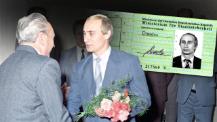
As KGB spy in Dresden
Putin’s secret Stasi ID discovered
28 years after the end of the German Democratic Republic (GDR), the Stasi Records Agency (BStU) thought it knew all the secrets from the past.
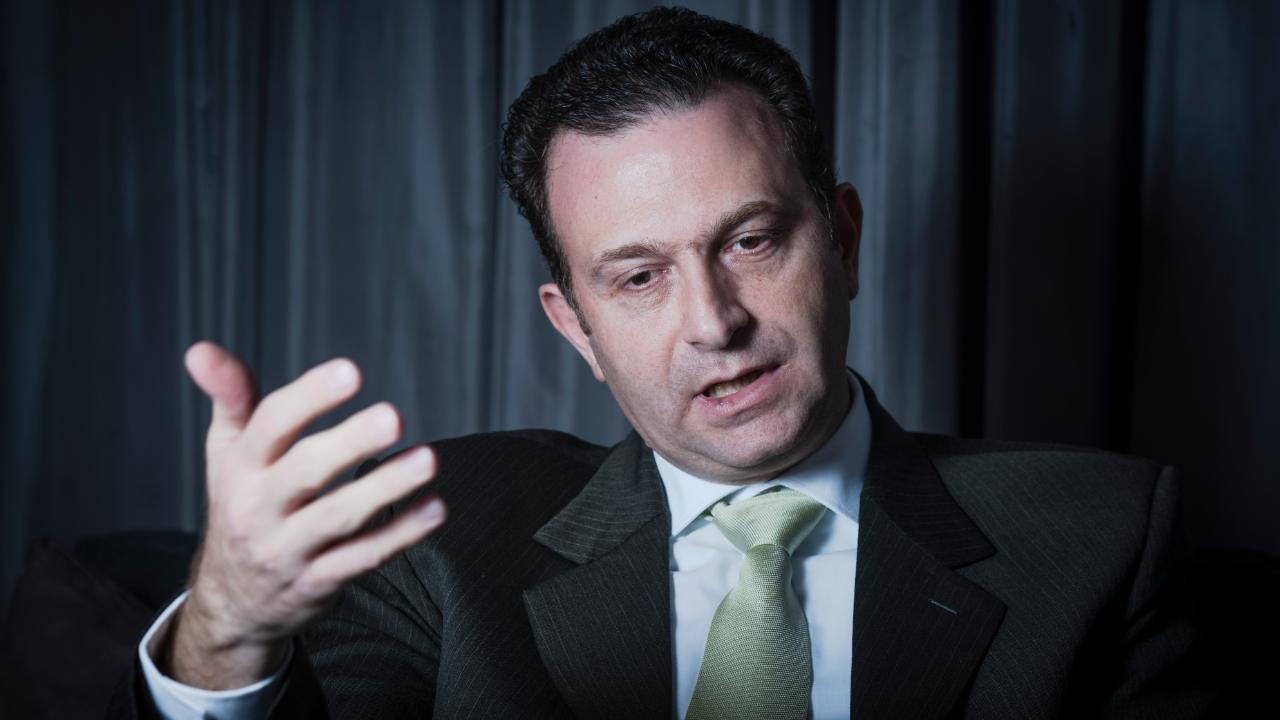
The Christian Rifail explained that Assad has abused the “minorities genocide” argument in order to consolidate his power. “Most Christians fled the country because they didn’t want to fight for, or against, Assad. Neither the Islamists nor the regime are good options for us. If we had the freedom, we would choose neither side”.
The solution that has been preferred by the US until recently – a rule of the Kurdish militia YPG (often called “Syrian Democratic Forces”) in North-East Syria – would not necessarily lead to a pacification of the region. This is the view of Sheikh Ahmad Schahin, himself a Kurd from Kobane. He told BILD that “YPG only represents a small minority of Kurds, not the majority. They use violence to force their will upon the people”. The initiative in Berlin endeavours to rebuild the ethnic representation in the region from before the war – but without the Assad dictatorship.
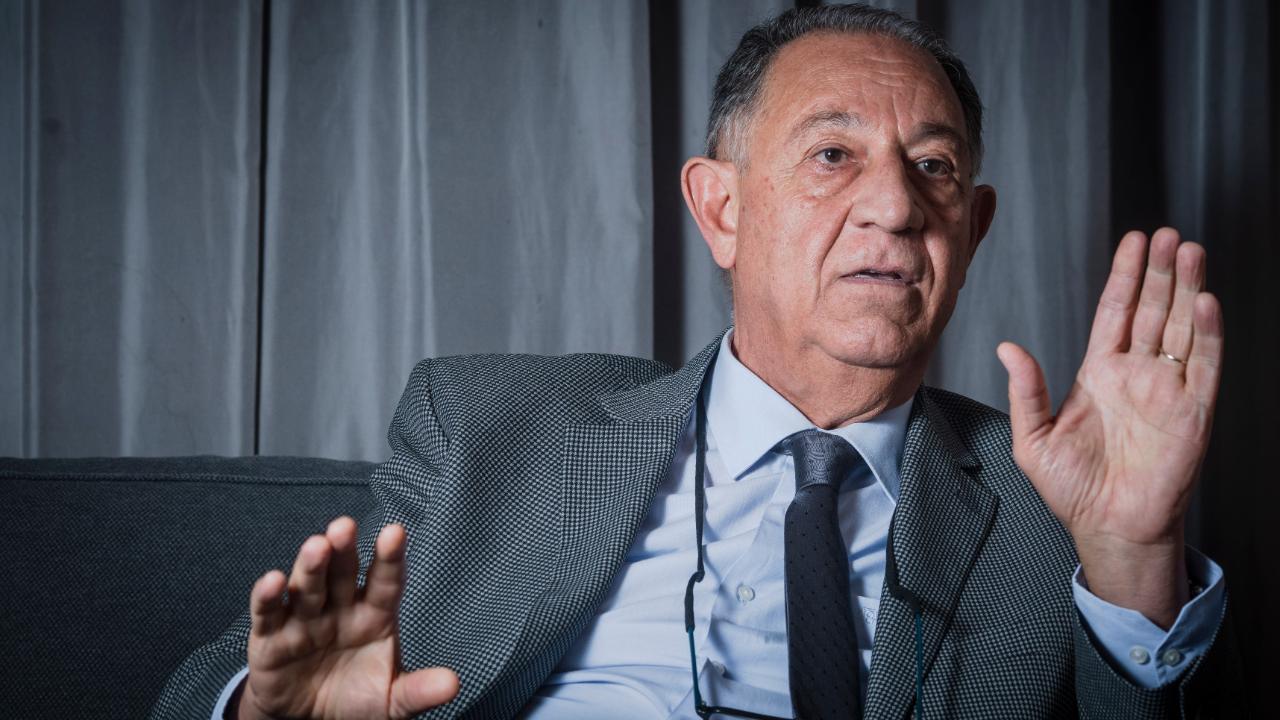
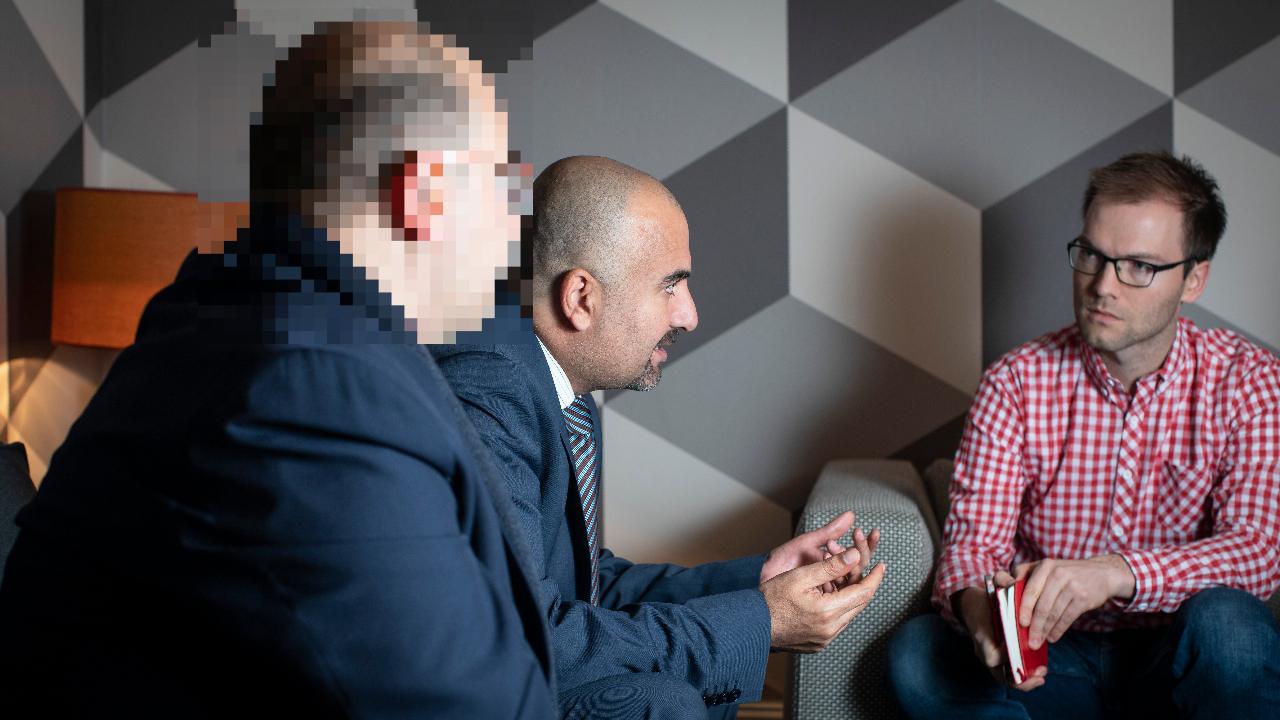
Prince Mulhim Al-Schibli explained how the reconciliation in Syria could work in practical terms, and how the recent meeting in Berlin has contributed to this. He told BILD that the participants managed to break free from the logic of the vendettas between the Central Syrian tribes. “At the beginning of the war, Assad managed to hire men from Alawite villages in order to fight for him. This resulted in men from nearby Sunnite villages also taking up arms to fight”.
This allegedly led to several massacres, since – according to the tribes’ traditional logic – the entire family of an attacker is responsible for the crimes of an individual. Assad used this fact to his benefit. It cost thousands of lives. Prince Al-Schibli continues: “For us, it was therefore extremely difficult – seven years later – to now convince our people that Alawites and Assad-supporters are not two sides of the same coin.”
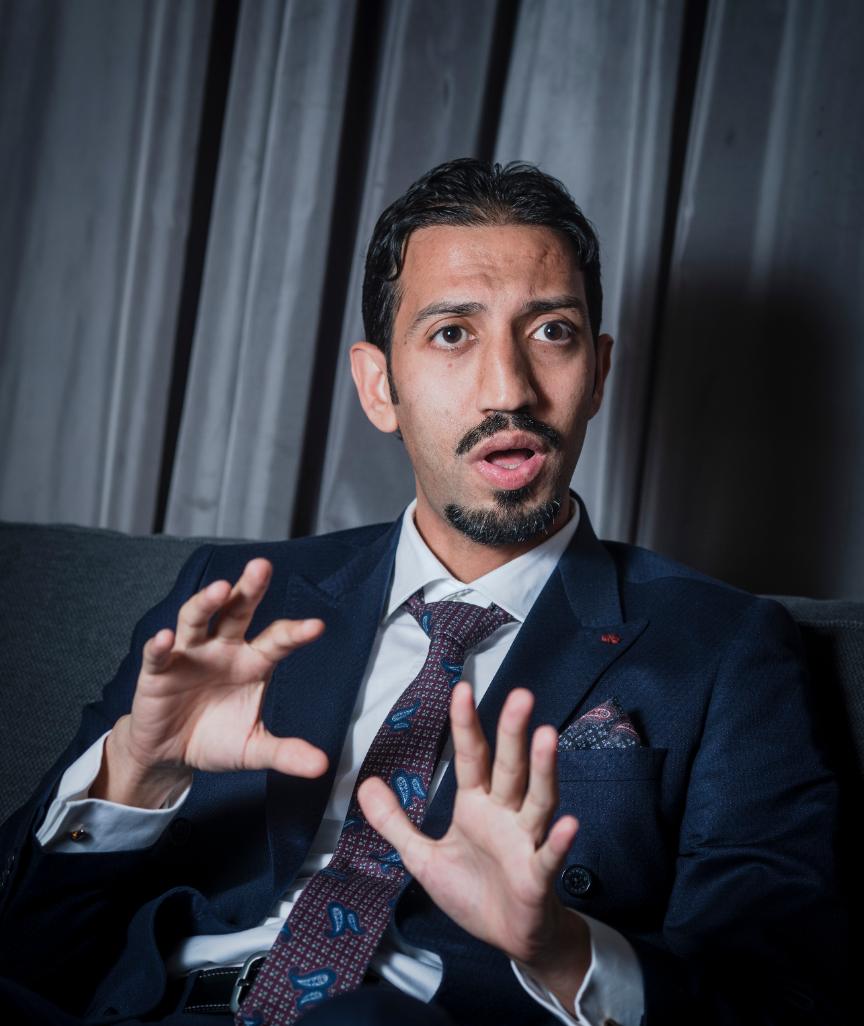
In Berlin, they succeeded “in convincing 30 to 40 percent of our tribes in Homs that Assad militia and Alawites are two different things”. The consequent principle of “responsibility, not vengeance” between the tribes was written down in a “Charter of Conduct”. “This is a very important step for us. If there is a political solution one day, this charter between the ethnic groups will be extremely important”.
The paper condemns both the Assad regime and the armed opposition. The signatories demand an equitable process of reconciliation between all ethnic groups in the country.
At the end of the conference, the Sunni prince and an Alawite representative shook hands as a sign of reconciliation. The Alawite dignitary summed up: “We want to overcome the differences and hostilities that were injected into us and finally become one people. Only then will the refugees return.”
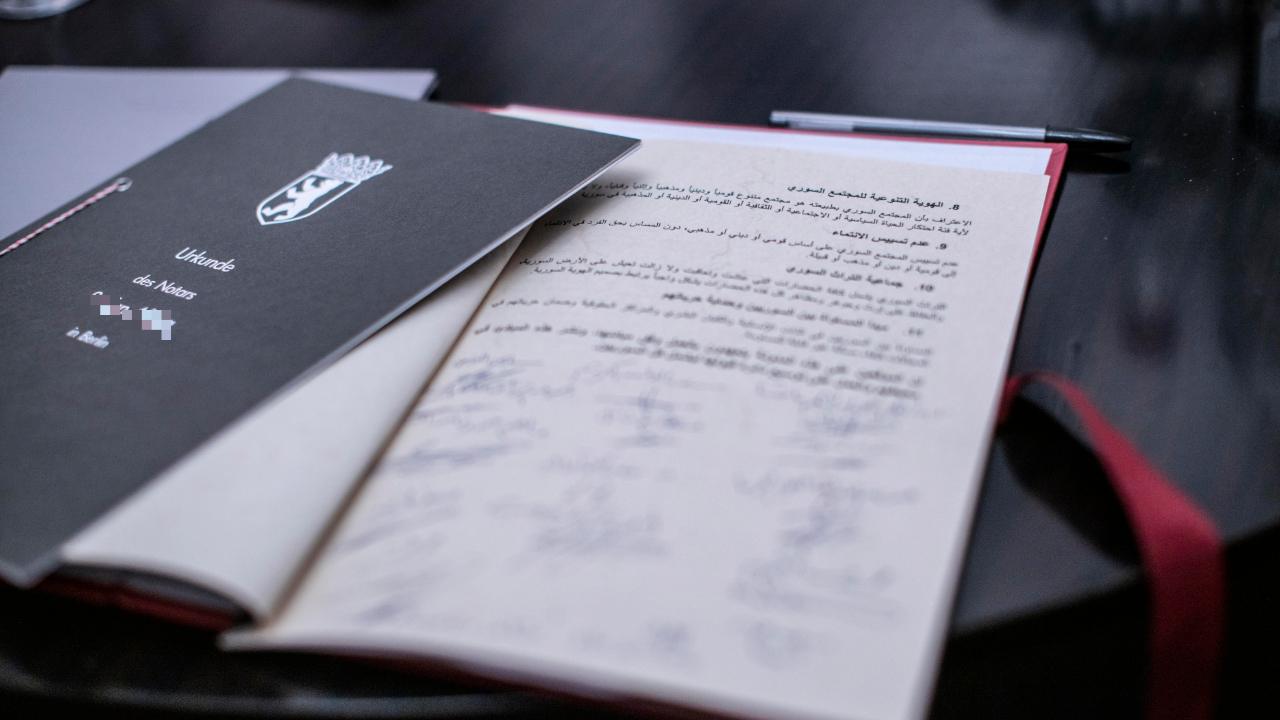
As long as Assad controls large parts of the country and foreign powers such as Turkey, Iran, Russia, and the US, call the shots in Syria, this is not possible, he said. Nevertheless, the Berlin meeting sends an important signal to the ethnic groups in Syria. At least here in Berlin, they were able to meet eye to eye and free from political power games.

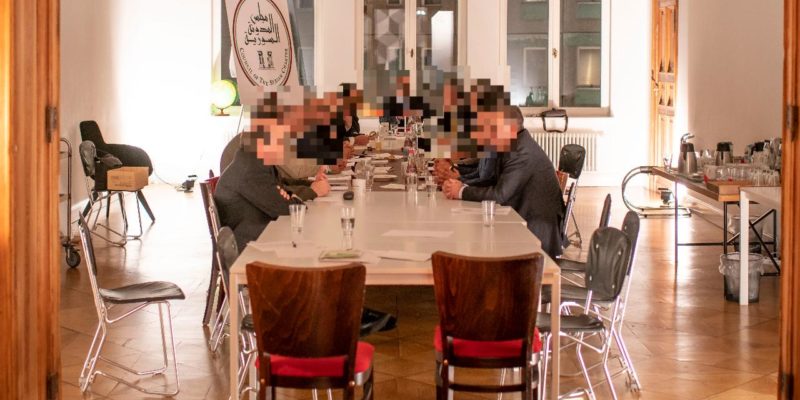


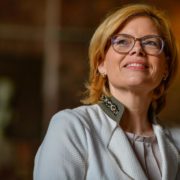
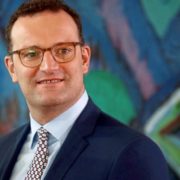
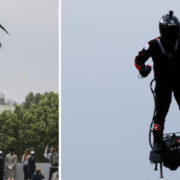




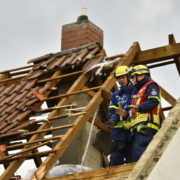





Comments